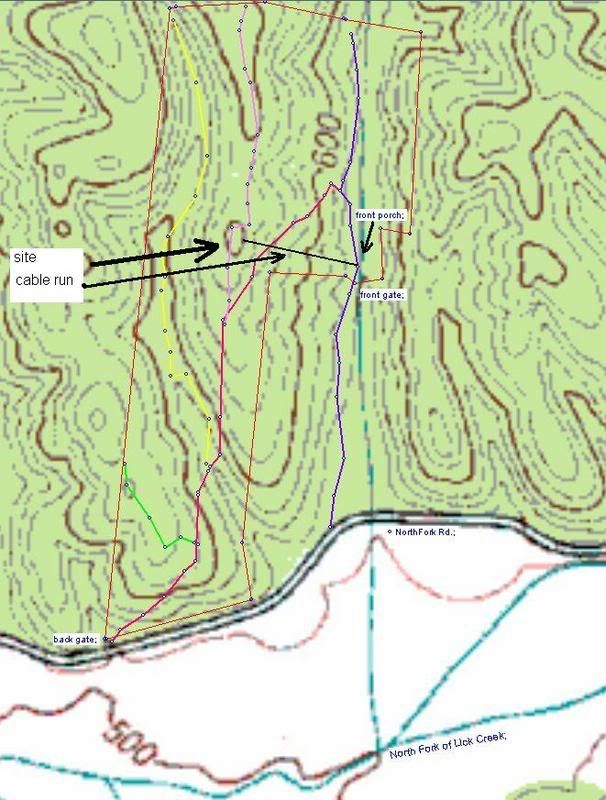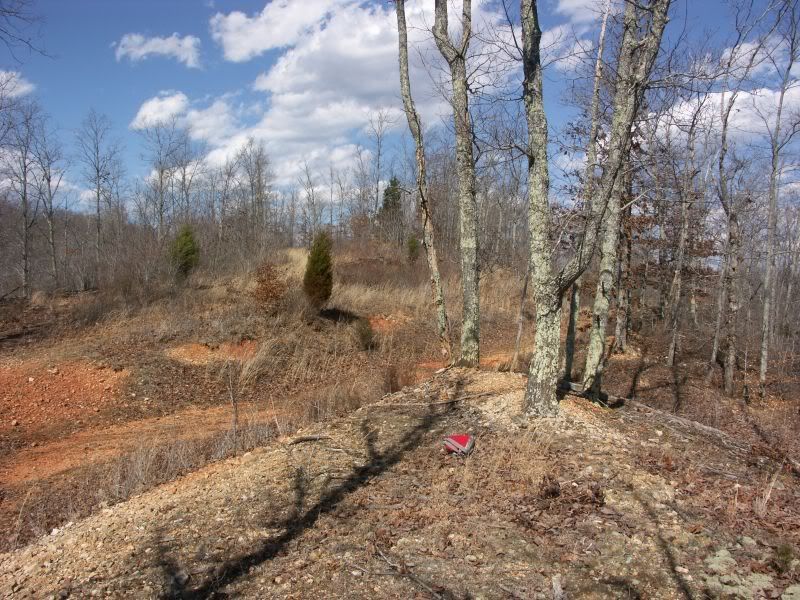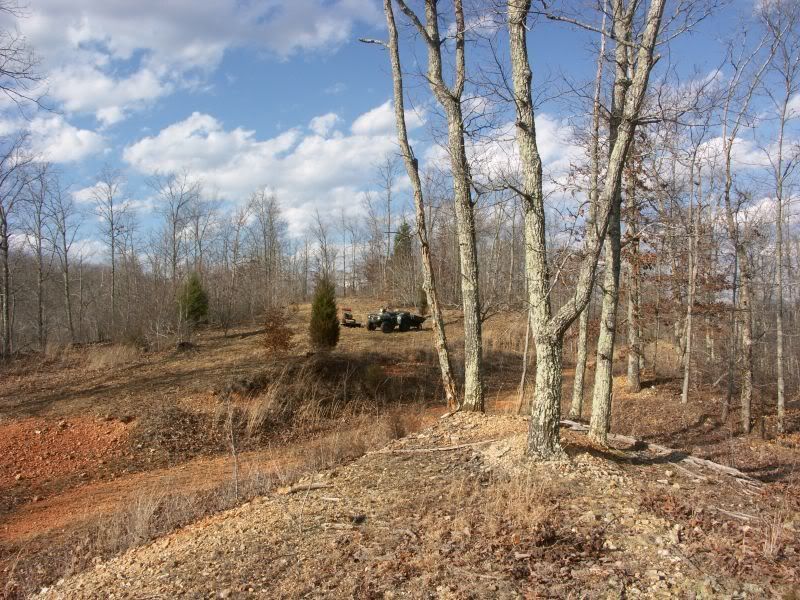For now, we have two generators. The essentials are refrigerator, freezer, and well. The well doesn't need to run full time, so that leaves the bulk of power available for refrigeration. We also have a wood stove with an electric blower. The house is a doublewide trailer, so it was essential to keep the blower on so heat would not build up on the wall behind it. That situation was remedied by putting heat shielding between the wall and stove.
The generators will serve for now, with things running as normal. What concerns me is when the infrastructure breaks down. The grid failure in the NorthEast of a few years ago was a warning. Recent stories on CNN about how easily utility generators could be destroyed over the internet was a most grave warning. Recovery from this sort of terrorist attack would be on the order of Katrina - multiple months with FEMA and other federal agencies screwing up the works. Getting off grid is now important, and not strictly an economic decision. I don't want to have extra lights, a tv running, or computer burning all day long. I just want water and food storage. We could make due for cooking and hot water. We could even make due with smoking meat, a spring house and a root cellar.
We are on a limited income, so things have to be taken piecemeal, and I have come up with a 5 year plan to get self-sufficient with energy. We live in a hollow, which abbreviates the hours of sunlight and does odd things to the wind. However, behind the house is a hill top that looks suitable for energy collection. The problem being the hill is so far away that the only way to get power to the house would be running AC from the inverter to the house.
Here's the basic approach:
1. Clear and improve the hill top.
2. Build a shed for the batteries, charge controller, inverter and other associated hardware.
3. Run and bury a cable from that location to the house with the capacity to carry the AC power required.
4. Inverter
5. Solar array
6. Connect to the grid and house
7. Charge controller
8. Batteries
9. Windmill and associated gear to feed into charge controller.
I realize I have a lot to learn, and this approach may change as work progresses. Also, we have no welding capabilities, and the thought of spending a lot of cash for an appliance that will suck so much current from the power system doesn't really appeal to me, neither does the hassle and danger of keeping bottled gas. I came across a few sites where people have built arc welders using small gas engines, salvaged auto alternators and bull rectifiers. This looks like the way to go.
Our location is not particularly good for wind, but when the solar isn't working because of weather, the front bringing bad weather is usually accompanied by winds. Might not be worth the investment in a store-bought mill, but the ones I've seen constructed on OtherPower.COM bring it within reach. I also like the idea of building something myself - it lends itself to repair better than a store bought unit.
Right now, my hands are full with clearing and building. Gives me time to continue reading and learning. Would appreciate any suggestions on further reading, books etc.
Thanks to the folks at ForceField and OtherPower for putting up a great resource, and you folks for putting so much information on-line. I've barely scratched the surface.
If you are interested in renewable energy and energy independence but have no idea where to start, I recommend Rex Ewing's book "Power with Nature" as a good primer to explain the components and provide worksheets for decision making. Also, to explain service entry, utility boxes, etc. "Wiring a House (For Pros by Pros)" by Rex Cauldwell. If you have never visited http://www.OtherPower.COM, take a look!

hill top site selected for solar array, battery shed and windmill.

site selected, boots on the ground

site selected, cleared of brush
Regards,
Pat

